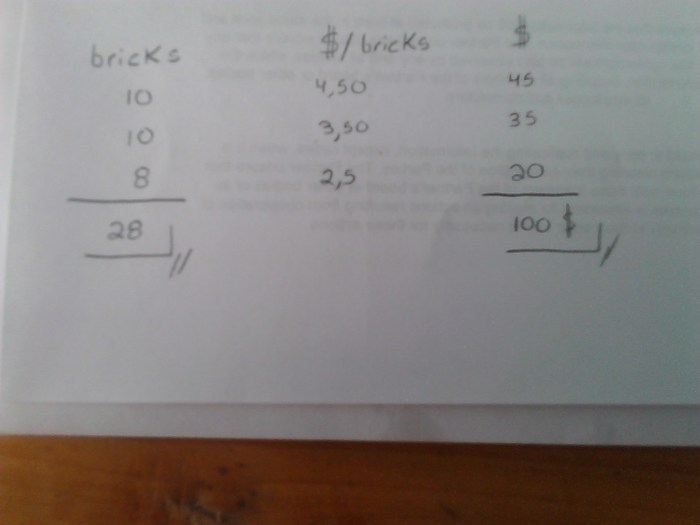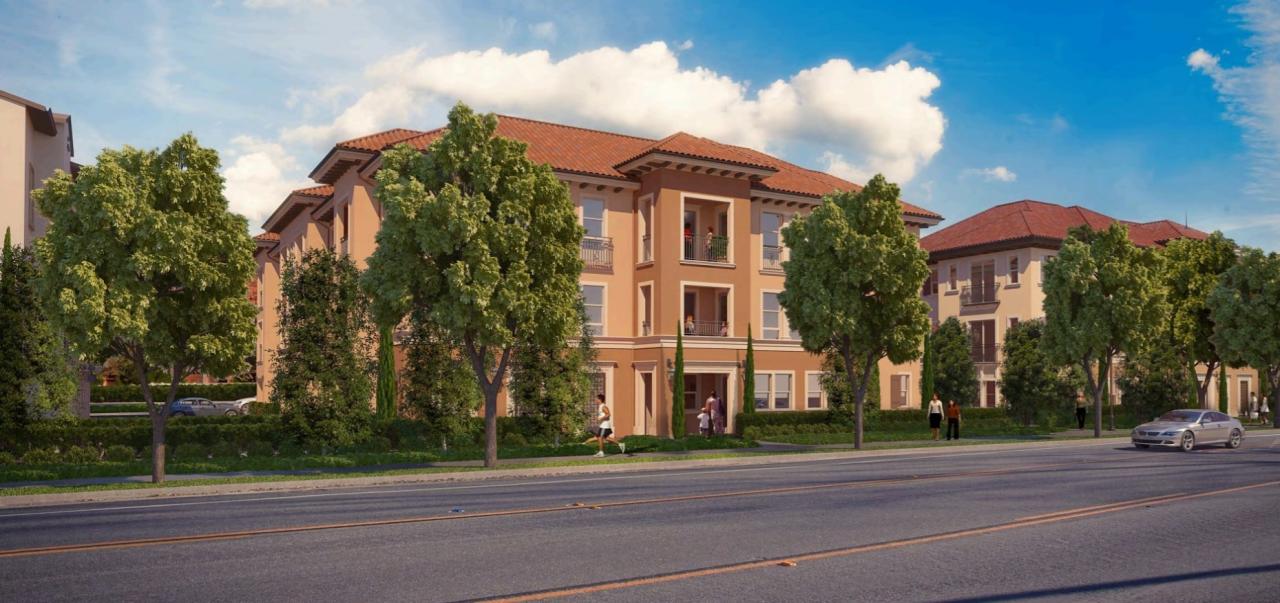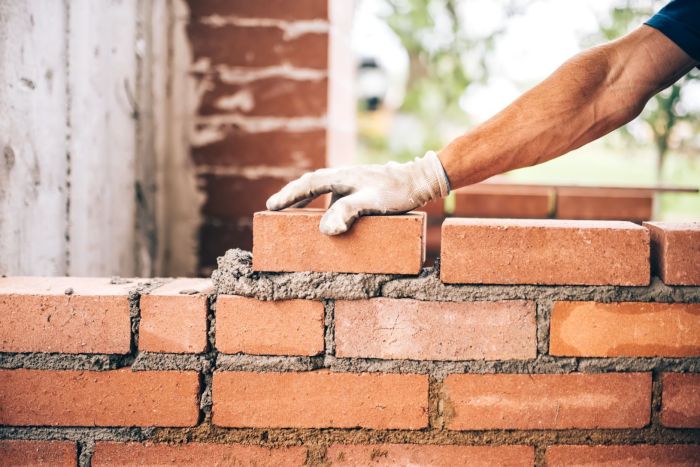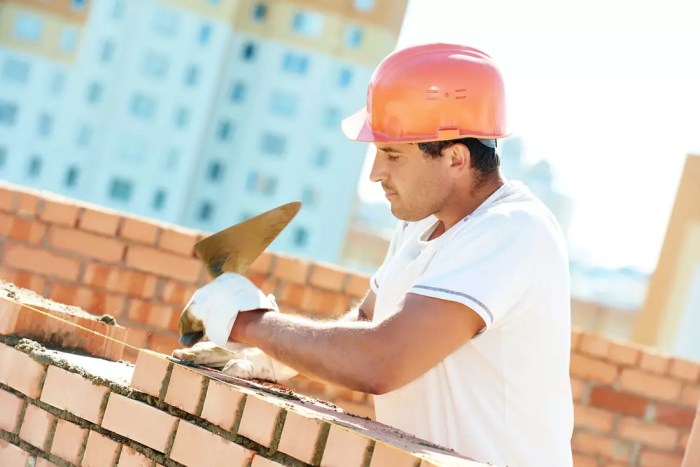A builder buys bricks at the rate of – As a builder embarks on the journey of brick procurement, understanding the intricacies of brick purchasing becomes paramount. This comprehensive guide delves into the depths of brick rates, supplier considerations, and technical specifications, empowering builders with the knowledge to make informed decisions and ensure the success of their construction projects.
The content of the second paragraph that provides descriptive and clear information about the topic
Purchase Details

A builder purchases bricks at the rate of $0.50 per brick. This rate remains constant regardless of the quantity purchased. For example, 1000 bricks would cost $500, while 5000 bricks would cost $2500.
Bulk purchases do not affect the cost per brick. The builder can purchase any quantity of bricks at the same rate of $0.50 per brick.
Supplier Considerations: A Builder Buys Bricks At The Rate Of

When choosing a brick supplier, several factors should be considered, including:
- Proximity:Local suppliers offer shorter delivery times and lower transportation costs compared to distant suppliers.
- Reliability:The supplier should have a proven track record of delivering bricks on time and in good condition.
- Variety:The supplier should offer a wide range of brick types and colors to meet the builder’s needs.
Brick Specifications
Bricks come in various types, each with unique properties and uses:
- Common bricks:These are the most widely used bricks, suitable for general construction purposes.
- Face bricks:These bricks are designed to be visually appealing and are often used for exterior walls.
- Engineering bricks:These bricks are highly durable and are used in demanding applications such as bridges and industrial buildings.
| Brick Type | Compressive Strength (psi) | Water Absorption (%) | Fire Resistance |
|---|---|---|---|
| Common | 2500 | 10-15 | Good |
| Face | 3000 | 5-10 | Excellent |
| Engineering | 4000 | 2-5 | Outstanding |
Cost Analysis
The total cost of bricks for a project can be calculated by multiplying the number of bricks required by the cost per brick. For example, a project requiring 10,000 bricks at a cost of $0.50 per brick would have a total brick cost of $5000.
In addition to the cost of bricks, other factors to consider include delivery fees and labor costs. Delivery fees vary depending on the distance and quantity of bricks, while labor costs depend on the complexity of the project and the hourly rate of the bricklayers.
To optimize brick costs, builders can consider purchasing in bulk, negotiating discounts with suppliers, and exploring alternative brick types that may offer a lower cost.
Construction Considerations

Bricks play a vital role in construction, providing structural support and enclosing spaces. They are typically laid in a running bond pattern, where each brick overlaps the one below it by half its length. This pattern ensures stability and prevents cracks from forming.
To ensure the durability and longevity of brick structures, it is important to use high-quality bricks and follow proper construction techniques. This includes using mortar that is compatible with the brick type and ensuring that the bricks are laid level and plumb.
Sustainability

Brick production can have a significant environmental impact due to the energy required for firing and the emissions released during the process. To reduce the environmental footprint of brick construction, builders can consider using sustainable alternatives such as recycled bricks or bricks made from recycled materials.
Recycling and reusing bricks can also help to reduce waste and conserve resources. Bricks can be easily salvaged from demolished buildings and reused in new construction projects.
FAQ Resource
What factors influence the rate at which a builder purchases bricks?
Bulk purchase discounts, transportation costs, and regional market conditions are key factors that impact brick rates.
How can builders optimize brick costs without compromising quality?
Negotiating with suppliers, exploring alternative brick types, and implementing efficient construction techniques can help reduce costs while maintaining quality standards.
What are the key differences between local and distant brick suppliers?
Local suppliers offer shorter delivery times and lower transportation costs, while distant suppliers may provide a wider selection and potentially lower brick prices.